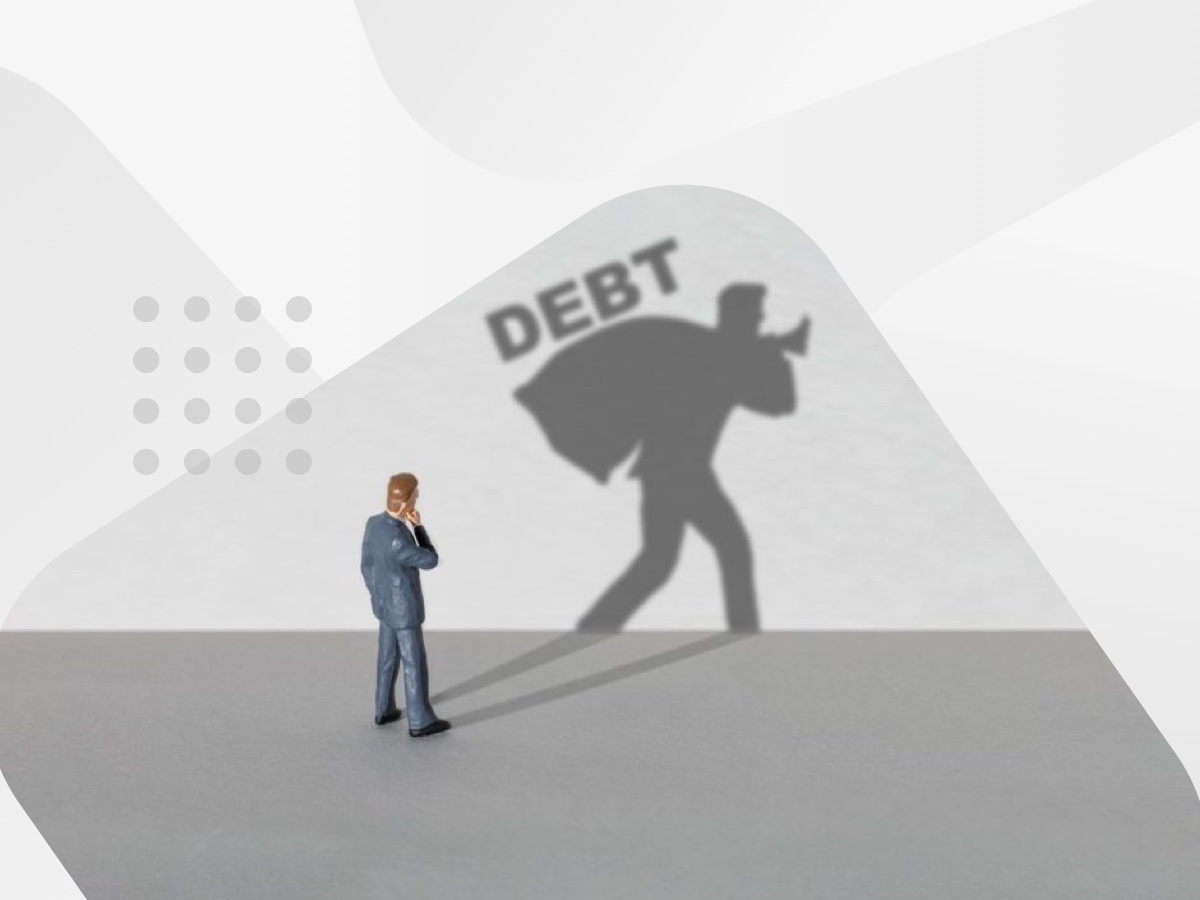
What is a charge-off?
A ‘charge-off’ describes a debt that is considered by the creditor to be unlikely to be paid. It follows a period of default after the borrower has become delinquent on the repayment of a product, such as a home loan or phone plan. The borrower is still legally obligated to pay the debt and it may be transferred to a collections agency.
What does ‘charge-off’ mean?
Before we explore the finer details of charge-off meaning, it’s worth broadly outlining a few definitions.
- Delinquency refers to a borrower being in arrears. As soon as a payment is past its due date, the relevant borrower is delinquent.
- Default is the period between the moment of delinquency, and either the payment of the credit or the charge-off. Defaults for an Australian business can be officially registered within CreditorWatch Collect so as to notify other trading partners of its increased risk.
- Charge-off means that a credit owed is considered uncollectible by the creditor. The debt is still due from the delinquent borrower, however, the creditor is closing the account and assuming that it will remain unpaid.
How do charge-offs work?
If you owe money to a creditor, such as the provider of your home utilities or mortgage lender, and fail to pay by the due date, then you will be considered delinquent. If the creditor follows up in trying to pursue the funds owed, yet fails to secure payment, then potentially it will be charged-off. This is a more likely outcome when the debt is unsecured by any collateral.
The charge-off doesn’t wipe the debt, it is simply an acknowledgement by the creditor that they consider it an unlikely scenario that the debt will be paid. In effect, they are taking action to write off the owed money from accounts receivable because of the continued delinquency of the debtor. This information will be kept on the debtor’s credit file for a significant period of time in order to alert future lenders (see below for more on this).
Typically, this follows 120-180 days, or six months, of non-payment by the debtor.
Do I still need to pay the debt after charge-off?
Absolutely, the debt, such as a credit card charge-off, remains outstanding. Furthermore, this may be the point at which the creditor transfers it across to a debt collections agency or sells the debt owed. A debt collections agency may be more rigorous in its pursuit of the owed debt than the initial creditor may have been.
How long does a charged-off debt remain due?
The outstanding credit remains due and legally pursuable until the eventual statute of limitations kicks in. There is no national charge-off statute of limitations within Australia. Timelines for these vary between different state and territory jurisdictions.
After the limited period, the debt becomes statute barred and creditors can no longer take legal action to recover it, although they can continue to request that it be paid. In the Northern Territory, this is after three years, in all other states and territories, it is after six. Keep in mind, however, that the statute of limitations can be extended to up to 12 years (15 in Victoria and South Australia) by court order.
How does a charge-off affect my credit score?
A charge-off will significantly decrease a lender’s perception of your creditworthiness, as it may lower your credit score and indicate negative payment tendencies. A charge-off remains on a credit file for five years or more, depending on the credit reporting body, even after it has been paid.
The reporting body may indicate that payment was eventually made by listing it as “charge-off settled” or “charge off paid”, however, the late payment information will still remain on file for that period of time.
So, can you remove charge off information? In some circumstances, a credit report charge off can be removed if there is a mistake, or if there is a successful negotiation with the creditor and credit reporting body following payment of the outstanding amount. The charge-off information will also have to be included in the articles of incorporation if a business seeks to be incorporated.
When lenders and businesses offering credit assess your capacity to service a loan, they may be more likely to reject your application due to the charge-off information. For a business with a charge-off against them, trading partners will be able to access this registered default information when viewing their creditworthiness within the intuitive credit reporting suite from CreditorWatch. Our clients can leverage this information to pinpoint which entities may be risky to trade with.
Identify risky debtors and late-paying businesses with CreditorWatch
For businesses seeking to ensure that they are dealing with trading partners that have positive payment history and creditworthiness, the gold standard of credit reporting and risk analysis can be found in the suite from CreditorWatch.
Within the credit reporting suite, RiskScore leverages sophisticated machine learning to deliver detailed insights into the credit profile of trading partners. Allocating a score between 0-850 (the higher the score, the more creditworthy the entity), the platform distils extensive datasets into easily translatable creditworthiness information. Further, it then allocates a tier of risk, from A1 to F, to the entity. Informed by industry standards, it empowers your team to know exactly which entities to avoid due to the risk of bad debt.
If any essential information from trading partners changes, you can rest easy knowing that our 24/7 Monitoring and Alerts system will be on hand to send you an automated email detailing what has happened. Should any customers fail to pay their invoices on time, you can prioritise collections by using the smart debt collection resources, such as branded reminder letter templates, found in CreditorWatch Collect.
For more information on how to protect your business from defaulting trading partners, speak to our expert team today.

Get started with CreditorWatch today
Take your credit management to the next level with a 14-day free trial.

